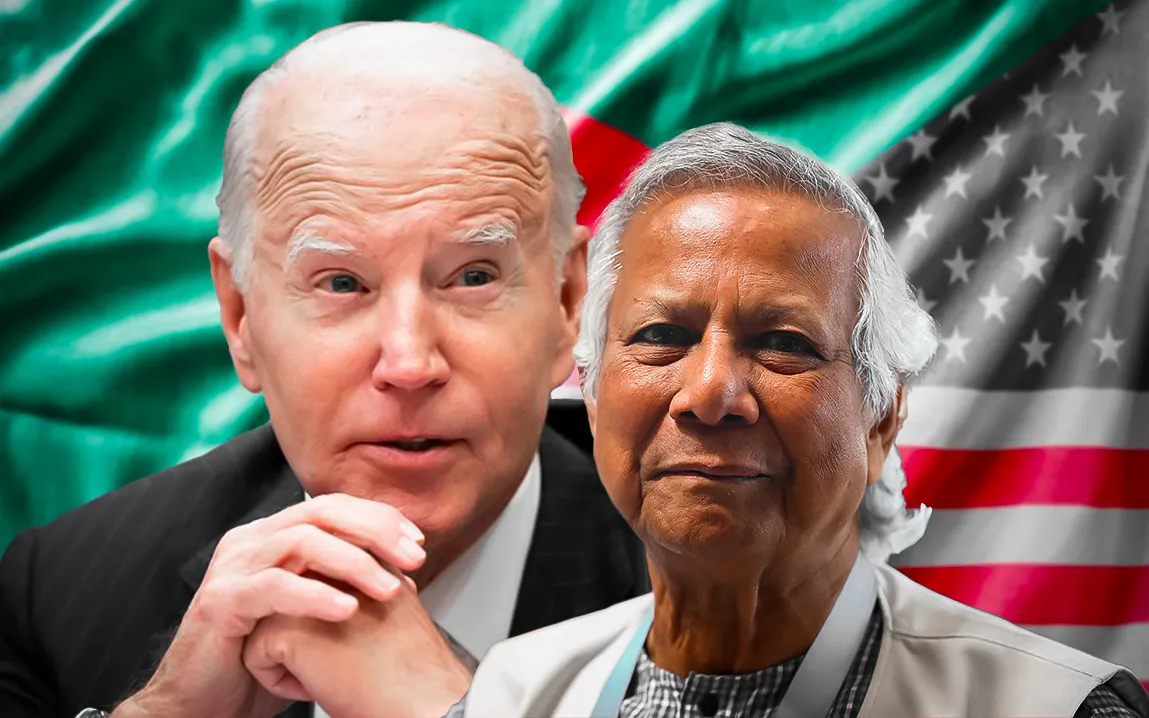To strengthen Bangladesh’s economic resilience and governance, the US has pledged an additional $202 million in assistance. This assistance comes at a vital time, as Bangladesh’s interim administration, led by Nobel laureate Muhammad Yunus, navigates economic issues compounded by global conflicts and growing import costs.
During a high-profile visit to Dhaka, a six-member US delegation led by Brent Neiman, Deputy Under Secretary of the Treasury Department, confirmed the aid package. The delegation’s visit marks the first US diplomatic mission since the establishment of the interim government following widespread protests that led to significant political changes in the country.
Following talks with Yunus, Bangladesh’s Chief Adviser, who requested $5 billion in foreign assistance to stabilize the country’s economy last week, the aid announcement was made. This request follows an application to the International Monetary Fund last year for a $4.7 billion bailout; it highlights the financial burden faced as a result of increased fuel and food prices throughout the Ukraine crisis.
The United States Agency for International Development (USAID) said the funds will be used to strengthen good governance and promote social, human, and economic development. Yunus’s ongoing reforms in the police, courts, and financial institutions were acknowledged by the US embassy in a statement that further underlined the US commitment to helping Bangladesh achieve an inclusive and equitable future.
The agreement, signed in Dhaka by AKM Shahabuddin, Additional Secretary of the Economic Relations Division, and Reed J. Aeschliman, USAID Mission Director, is part of the broader Development Objective Grant Agreement (DOAG) spanning from 2021 to 2026. To date, under this agreement, USAID has already allocated $425 million out of a committed $954 million.
Key discussions during the visit also touched upon various issues including economic reforms, investment strategies, labor concerns, and the ongoing Rohingya crisis. Moreover, Yunus’s scheduled visit to New York for the upcoming U.N. General Assembly was also on the agenda, where further international collaboration will likely be sought.
Assistant Secretary of State for South Asia, Donald Lu, joined the US delegation in critical talks emphasizing the strategic importance of US-Bangladesh relations. These discussions aimed to support Bangladesh’s initiatives to rejuvenate its economy, enact significant reforms, and retrieve assets lost to former regimes.
The allocated US financial aid is intended to empower youth, strengthen democratic processes, enhance healthcare, and boost trade. This investment is expected to catalyze economic growth in Bangladesh, marking a foundational step towards sustained collaboration between the two countries.




